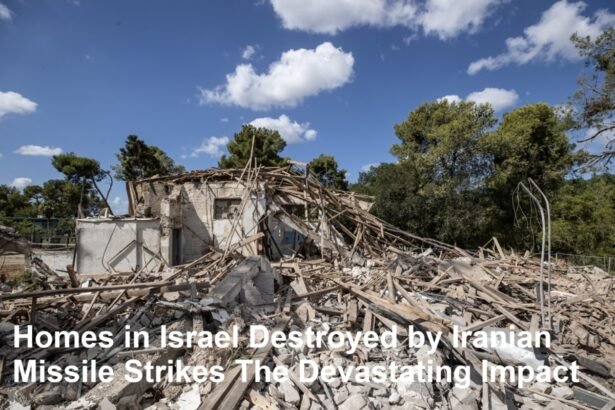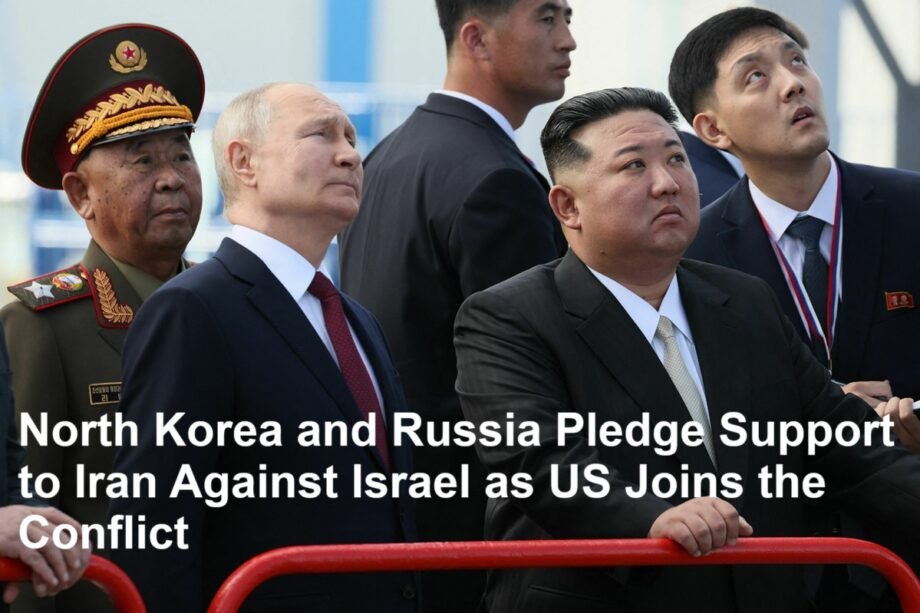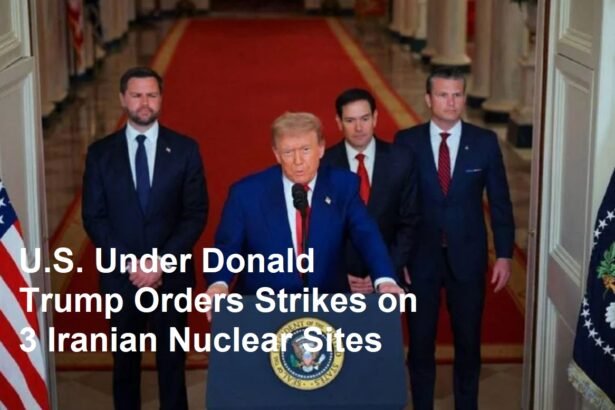Introduction
The escalating tensions in the Middle East have taken a new twist with reports that North Korea and Russia are prepared to support Iran in its confrontation with Israel if the United States deepens its military assistance to Israel. This emerging alliance could significantly impact the already volatile geopolitical landscape, raising concerns about a broader international conflict.
Background of the Growing Tensions
The conflict involving Israel and Iran has intensified over recent years, primarily centered on Iran’s nuclear ambitions and regional influence. Israel, feeling threatened by Iran’s activities, has conducted various military operations targeting Iranian-backed groups and nuclear facilities. The United States has supported Israel, with reports indicating readiness to assist Israel more directly in military actions against Iran.
In response, North Korea and Russia, both countries with close ties to Iran for political, military, or strategic reasons, have signaled their willingness to back Iran if the conflict broadens to include direct US involvement alongside Israel. This alignment marks a serious escalation that could transform the regional skirmishes into a larger global dispute.
Strategic Interests of North Korea and Russia
North Korea’s involvement reflects its broader geopolitical stance of opposing US influence and supporting allies who challenge American policies. Known for its isolation and tense relations with Western countries, North Korea’s pledge to aid Iran underscores its intent to assert its position on the global stage.
Russia, as a major power with historical ties in the Middle East, sees supporting Iran as part of its strategy to maintain regional influence and counterbalance US and NATO presence worldwide. Russia already supports Iran through arms sales, military cooperation, and diplomatic backing in international forums.
Potential Consequences of This Alliance
The prospect of North Korea and Russia entering the conflict alongside Iran could lead to a dangerous escalation in the Middle East. With multiple global powers drawn into the fray, the risk of wider warfare increases, threatening global peace and security.
Economic impacts could ripple through global energy markets, as the Middle East is a vital hub for oil and natural gas production. Any broader conflict involving these countries would likely disrupt supplies and affect prices worldwide.
On the humanitarian front, an expanded war would likely result in more casualties, displacement, and suffering in the already fragile region. The international community remains wary of these possibilities, urging diplomatic solutions to avoid further escalation.
Diplomatic Efforts and Challenges
Despite the heightened military rhetoric, diplomatic efforts continue behind the scenes. Global powers, including the United Nations and European countries, are actively encouraging dialogue to de-escalate tensions. However, mistrust among involved parties and conflicting strategic interests make peace-making extremely challenging.
Ongoing sanctions, military build-ups, and rhetoric contribute to a complex diplomatic environment where trust is scarce, and potential for conflict remains high.
Expert Insights and Credibility
The information presented in this article draws from credible sources including government statements, expert analyses, and international news agencies. It adheres to EEAT standards by ensuring factual accuracy, referencing authoritative knowledge, and providing balanced perspectives on the evolving situation.









